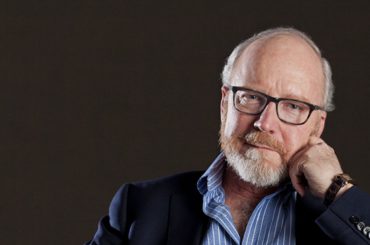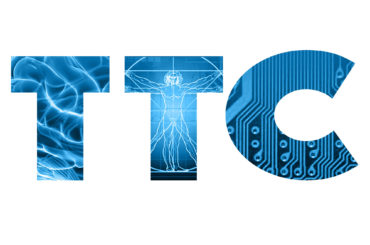Amanda Eilian is the co-founder of __able Partners, a venture capital fund focused on supporting early-stage companies in the health and wellness space. With over 40 startups in the portfolio, the fund’s investments include Goop, Bulletproof, Compass Pathways and Oura.
Amanda is a headline speaker at this year’s TransTech Conference Nov. 13-14
BOOK your ticket today!
What’s your investment thesis?
Our fund started out focused on wellness, but we’ve shifted a lot of our work to consumer health, because we realized that many of these wellness-seeking behaviors are really due to the inadequacy of our current medical establishments, especially as it relates to unmet needs in certain populations. We’ve been talking a lot over the last year about what we have called the “Wellness Gap”, which is the disconnect between measures of economic vs. measures of physical and emotional wellbeing. While GDP per capita in the United States has continued to go up for many years now, life expectancy has fallen three years in a row, driven predominantly by “deaths of despair” – suicide and drug overdoses. We’re interested in supporting companies and founders who are really working to close that Wellness Gap.
The Wellness Gap seems to get wider as we move down the economic ladder. What would you like to see change in the wellness sector for lower income communities?
We hope that 10 years from now, the location of your birth, the color of your skin, the size of your wallet will not be what impacts your healthcare outcomes. And a lot of companies that we’re talking to today will make a big contribution to that effort. And so we would like to see that gap reduced or eliminated through some combination of personalized medicine, telemedicine, accessibility, affordability, and access to multiple treatment modalities. For instance, one of the companies that we really like, Brave Health, started out focusing on opioid use disorder and is now moving more broadly into mental health. And it is Medicare accessible. We do not see a lot of concepts that are accessible to people on Medicare. When we talk to startups, there is a big focus on who the payers are and if the service can be integrated with insurance companies to increase the affordability.
What trends are you following this year?
Certainly COVID has acted as an accelerant in many areas of healthcare, for example, driving an increased focus on value-based care. And while some wellness offerings have historically been elitist, more companies now are trying to bring to market products with a focus on affordability and accessibility. I would say that wellness is sort of eating the world; everything is colliding with wellness. One category that we’ve been really interested in is deathcare, or dying well. It’s something that really suffers from a lot of stigma, it’s outdated and inefficient. The way that we die in this country could really be rethought, so that’s a category where you’re seeing people talk about dying in the context of wellness. Dying well also overlaps with psychedelics and some of the important work that is being done there. We have also spent a lot of time in the aging women’s health space and particularly menopause, which is a huge market and it is pretty much ignored in the culture at large. Sexual wellness is another category that we look at as part of wellness. We’ve talked to a lot of really interesting companies that are looking at sexuality as part of your physical and emotional wellbeing and are creating safe offerings that allow people to fully embrace that aspect of their life.
Have you seen any interesting examples around purpose and meaning?
So many different parts of life contribute to what gives people meaning. One of our portfolio companies, Chief, a private network for women working at the VP level and above, offers a really interesting way to address the career-related aspect of finding meaning. Another portfolio company, Sanctuary, is an astrology company. With the decline of organized religion and continued stigma around therapy, I think a lot of people use astrology as one way to organize and categorize certain things in their life. It’s very much like positive self-reinforcement, and a lot of people find meaning in that, which is interesting to us. We’ve also looked at more targeted concepts, like book clubs, and we are seeing an explosion of new offerings in the communities category, which is a huge piece of the search for meaning.
Able Partners has invested in Compass Pathways and ATAI Life Sciences, leaders in the pharmaceutical psychedelics space. Do you see more startups emerging in this category?
Yes, absolutely. When we first started looking at the space three or four years ago, there really were only a handful of for-profit companies. Now I can almost not keep track of them anymore. There has certainly been a mini boom in Canada of companies looking to list on the exchanges there. I talk to a new company every day. I think some of them are taking a really considered and thoughtful approach to adding value to the current conversation. We believe that psychedelics are one of the most transformational approaches to mental health that we have ever seen. We support it, both on a philanthropic and investment side.





